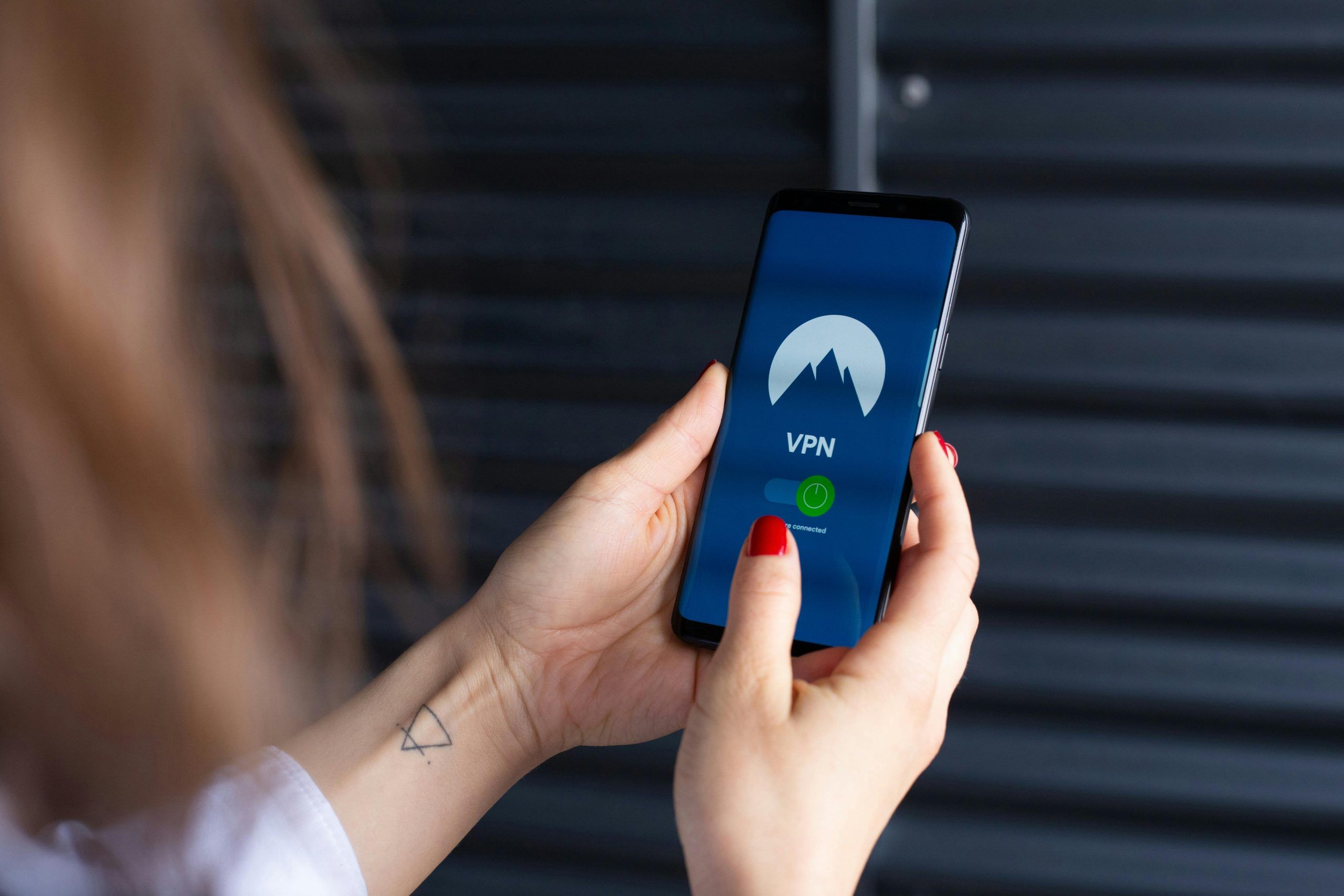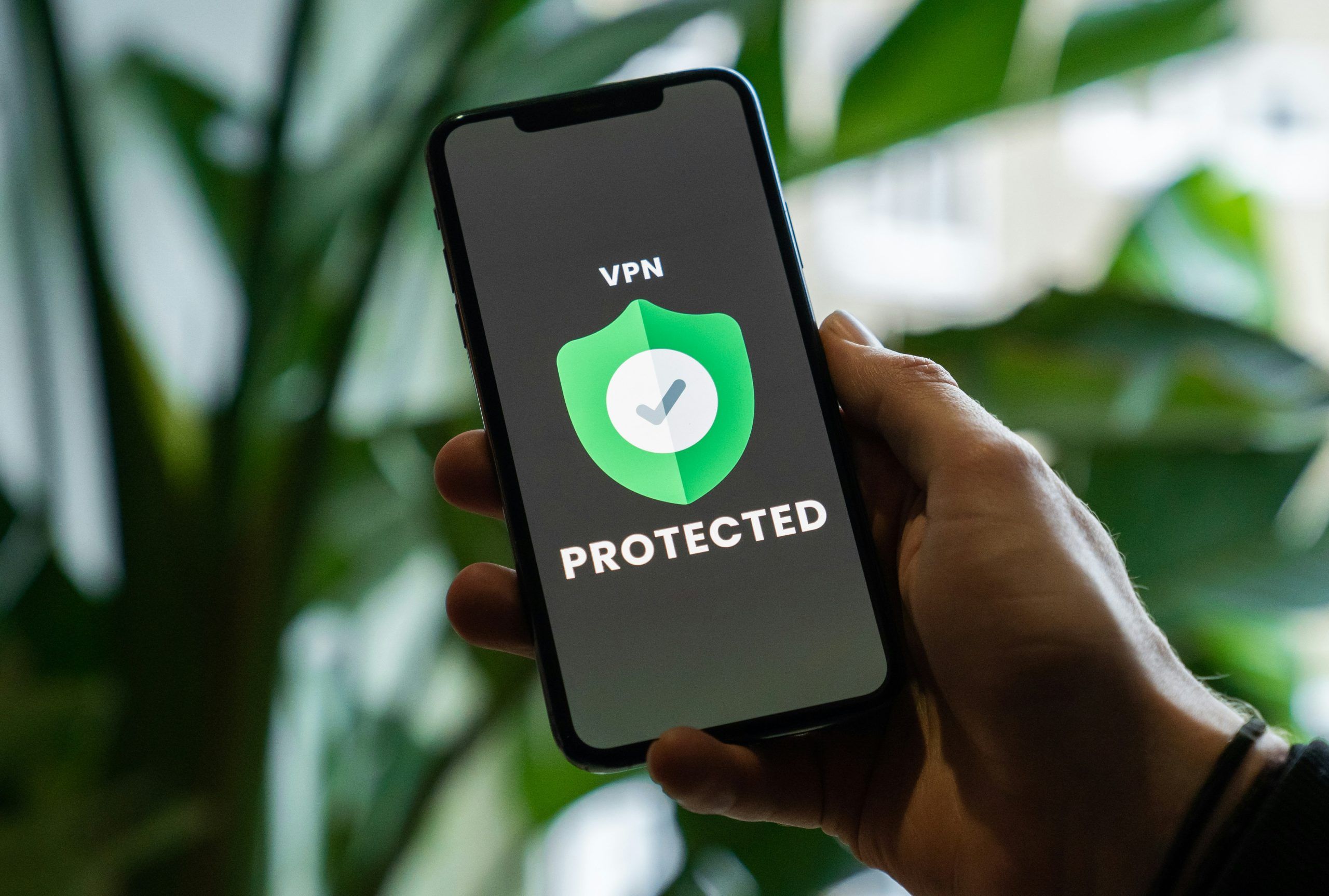Have you ever wondered if your favorite gaming platform is aware of your VPN usage? With an increasing number of players utilizing VPNs for better access and privacy, understanding how Steam interacts with these services is crucial. This article will unpack the complexities of VPN recognition on Steam and highlight why this knowledge is vital for any serious gamer. By the time you finish reading, you’ll be equipped with insights that can enhance your gaming experience while keeping your account safe.
What is a VPN and Its Purpose?
A VPN, or Virtual Private Network, serves as a secure tunnel for your internet traffic, encrypting data and masking your IP address. This technology not only enhances online privacy but also allows users to bypass geographic restrictions imposed by various services. For instance, while gaming on platforms like Steam, a VPN can enable access to region-locked content and exclusive deals that might not be available in your country. However, it’s crucial to recognize that while a VPN can offer advantages, it can also raise flags with service providers who may view it as an attempt to circumvent their policies.
The purpose of a VPN extends beyond mere anonymity; it empowers users to reclaim control over their online experiences. In an age where data breaches and surveillance are rampant, a VPN acts as a digital safeguard, ensuring that your personal information remains confidential and secure from prying eyes. As more gamers explore the benefits of using a VPN, understanding its implications within platforms like Steam becomes essential—not just for accessing content, but for ensuring a smooth and uninterrupted gaming experience without compromising one’s safety or integrity online.

How Steam Detects VPN Connections
Steam employs a multifaceted approach to detect VPN connections, leveraging both technical methods and user behavior analysis. One of the primary techniques involves monitoring IP addresses for known VPN servers. When users attempt to access Steam from an IP range associated with a VPN provider, it raises red flags. This is compounded by the use of geolocation services that can pinpoint discrepancies between a user’s declared location and their actual IP address, often revealing patterns indicative of VPN usage.
Additionally, Steam analyzes user behavior for anomalies that may suggest the presence of a VPN. For instance, rapid changes in geographical locations or unusual login times can trigger automated alerts. If a player suddenly appears online from a region miles away within a short span, it raises suspicions. By combining these detection methods with advanced algorithms, Steam creates a robust system that not only identifies potential VPN users but also helps maintain the integrity of its gaming environment. This proactive stance safeguards against abuse while ensuring fair play for all users.
Common Reasons for Using VPN with Steam
One of the most compelling reasons gamers use a VPN with Steam is to access region-locked content. Many game publishers restrict certain titles, DLCs, or in-game items to specific geographical areas, often due to licensing agreements or market strategies. By utilizing a VPN, players can effectively change their virtual location, allowing them to purchase games or access content that would otherwise be unavailable in their region. This not only expands their gaming library but also often leads to cost savings, as prices can vary significantly between different countries.
Another significant advantage of using a VPN is enhanced security and privacy. In an era where cyber threats are increasingly sophisticated, gamers are rightfully concerned about their online safety. A VPN encrypts your internet connection, making it difficult for hackers to intercept sensitive information, such as credit card details or personal accounts. Additionally, it masks your IP address, providing anonymity while you browse or engage in multiplayer sessions. This added layer of protection not only safeguards your data but also helps maintain a fair gaming environment by reducing the risk of DDoS attacks, which can disrupt gameplay and lead to frustrating experiences.

Impact of VPN on Steam Performance
Using a VPN can significantly influence your Steam performance, offering both potential benefits and drawbacks that gamers should be aware of. On the one hand, a VPN can enhance your gaming experience by reducing latency and circumventing bandwidth throttling imposed by ISPs. By connecting to a server closer to your game’s data center, you may experience smoother gameplay and quicker load times. However, this advantage hinges on the quality of the VPN service; subpar providers can introduce additional lag or packet loss, negating any potential improvements.
Moreover, while a VPN might help you access region-locked content or sales, it can also trigger Steam’s anti-fraud systems. If Steam detects unusual activity from a VPN, it may flag your account or even impose restrictions, leading to frustrating interruptions in gameplay. Thus, while the allure of accessing exclusive games or lower prices is tempting, gamers must weigh these benefits against the risks of account limitations. Ultimately, the impact of a VPN on Steam performance is nuanced, and careful consideration is necessary to strike the right balance between privacy and seamless gaming.
Legal Implications of Using VPN on Steam
While using a VPN on Steam can enhance privacy and circumvent geographical restrictions, it also raises important legal implications that gamers should consider. Many users are unaware that Steam’s Terms of Service explicitly state that the platform may restrict access based on location, which includes utilizing VPNs to access games not available in their region. Violating these terms could lead to consequences ranging from account suspensions to permanent bans, leaving players locked out of their digital libraries.
Moreover, the legality of using a VPN varies by jurisdiction, with some countries imposing strict regulations on online anonymity tools. In regions where VPN usage is restricted or monitored, gamers could inadvertently expose themselves to legal risks by trying to bypass local laws. Additionally, if a user engages in activities that violate copyright laws while connected through a VPN, they might find themselves in a legally precarious position, as authorities can still trace illegal actions back to them despite the layer of anonymity. Thus, while the allure of accessing a broader game library is tempting, players must weigh the potential risks against the benefits carefully.

Should You Use VPN with Steam?
Using a VPN with Steam can offer both advantages and disadvantages that gamers should carefully consider. On one hand, a VPN can help you access geo-restricted content, allowing you to explore games and DLCs that may not be available in your region. This opens up a world of gaming possibilities, especially for titles that are released in specific markets first or have regional pricing disparities. However, it’s crucial to choose a reliable VPN provider, as a slow connection can lead to lag and negatively impact your gaming experience.
On the flip side, using a VPN might raise red flags with Steam’s anti-fraud measures. If the platform detects unusual login locations or IP addresses that frequently change, it could lead to account restrictions or even bans. Additionally, some players have reported difficulties with matchmaking when using a VPN, as they might find themselves connected to servers far from their actual location, leading to longer wait times and suboptimal play. Ultimately, while a VPN can enhance your gaming experience by providing access to more content, it’s essential to weigh the potential risks against the rewards before diving in.

